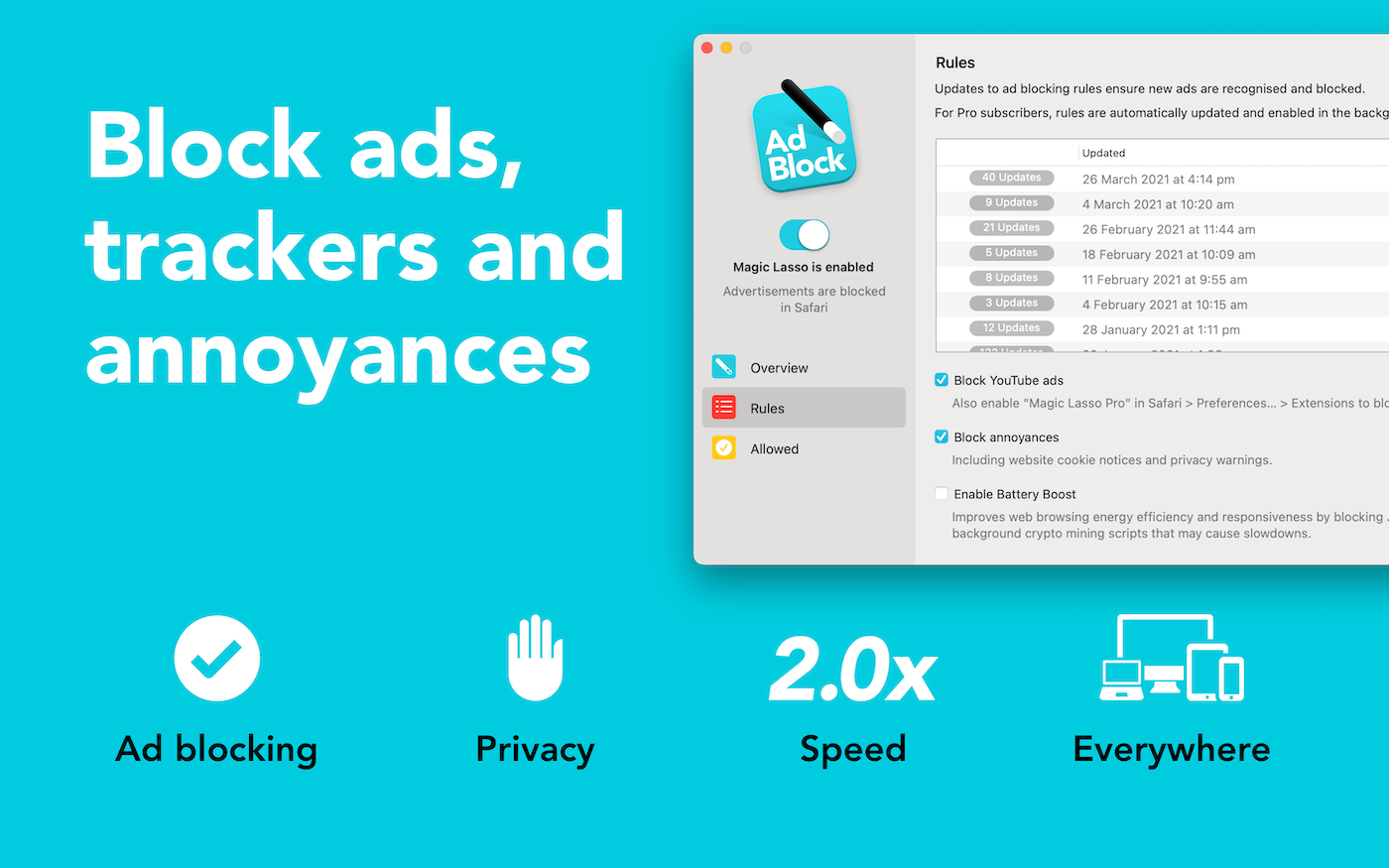Tom Wheeler, former FCC chairman, writing for the Brookings Institution in October, following a vote to begin the process of reclassifying broadband as a “Title II” telecommunications service, regarding efforts to paint net neutrality regulations as no big deal:
It is the conduct of the ISPs that is in question here. Because telephone companies were Title II common carriers, their behavior had to be just and reasonable. Those companies prospered under such responsibilities; as they have morphed into wired and wireless ISPs, there is no reasonable argument why they, as well as their new competitors from the cable companies, should not continue to have public interest obligations.
Jon Brodkin, Ars Technica:
The Federal Communications Commission voted 3–2 to impose net neutrality rules today, restoring the common-carrier regulatory framework enforced during the Obama era and then abandoned while Trump was president.
[…]
ISPs insist the rules aren’t necessary because they already follow net neutrality principles yet also claim the rules are so burdensome that they will be prevented from investing more in their networks. Lobby group USTelecom today said the “relentless regulation” comes at the cost of “failing to achieve Internet for all.”
Karl Bode, Techdirt:
While broadband providers have already started whining about the rules and threatened to sue, privately (just like last time) broadband industry executives doubt the rules will have any meaningful impact on their businesses. The rules aren’t onerous, won’t likely be enforced with any consistency, and big companies like AT&T and Comcast have never, ever really had to worry about serious FCC penalties for any of their various predatory, anti-competitive, or illegal behaviors.
Bode has, for years, covered the effort to paint the reversal of net neutrality rules as inconsequential. Contrary to popular belief, the reclassification to a Title I service produced plenty of ill effects. Part of the problem was in mainstream coverage of what the rules meant and, similarly, in what their 2018 undoing would entail. Given the U.S.’ pivotal role in internet products worldwide, this protective measure to reduce the power of ISPs is a welcome one.


